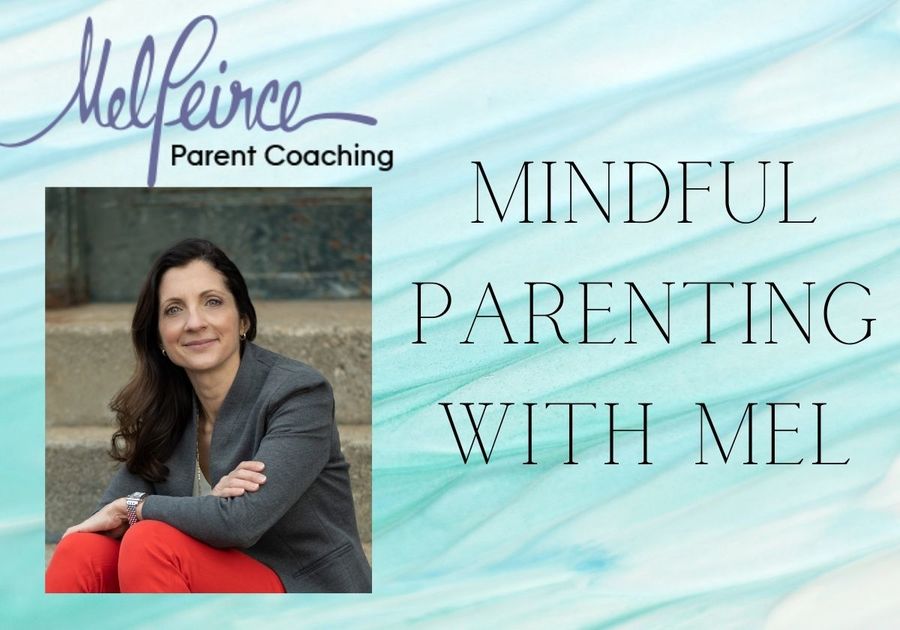Do you find yourself yelling at home more often than you’d like? Life is demanding, and when stress builds up, patience can wear thin—especially when your kids aren’t listening or cooperating. If this sounds familiar, know that you’re not alone.
I’ll be honest: I used to yell a lot. Between raising kids, managing a household, and running a growing business, I was stretched beyond my limits. Stress and overwhelm became my daily companions, and my patience? It was almost nonexistent.
I searched for ways to get my kids to listen better, thinking that if they behaved, I wouldn’t get triggered as often. I read books, tested different parenting techniques, and hoped for a solution. But the moment frustration took over, all those well-intentioned strategies disappeared—and I found myself yelling again.
The Breakthrough Moment
Eventually, I reached my breaking point and hired a business coach to help me manage stress and lead more effectively at work. What I didn’t expect was that the work I did to improve my leadership skills would also transform the way I parented.
My coach helped me see that leading with stress and overwhelm wasn’t effective. If I wanted to be a better leader, I had to first learn how to manage my own emotions. The real surprise came when my daughter commented on how different things felt at home. When I asked her what had changed, she simply said, “You did, Mom.”
The Connection Between Emotions and Parenting
Take a moment to think about how you parent when you’re feeling overwhelmed, frustrated, or anxious. Do you become reactive, short-tempered, or demanding? Do you raise your voice more than you’d like?
Now, consider the feelings that make you the most effective as a parent. Would your list include calm, patience, empathy, and confidence? It’s easy to feel those things when your kids are behaving well. But the real challenge—and the real transformation—happens when you learn to stay calm even when your kids are pushing your buttons.
The Key to Staying Calm (Even When Kids Misbehave)
Many parents believe that if their kids would just listen and behave, they wouldn’t have to yell. But the truth is, your ability to stay calm and in control has nothing to do with your child’s behavior.
No one else is responsible for your emotions—only you. How you feel is an inside job. Putting the responsibility for your emotions on your kids isn’t fair to them, and it won’t create the peaceful home you want. Instead, the key is learning how to manage your own emotions, so you can respond calmly and effectively, even on the hardest days.
The Parent From Neutral Process
This realization led me to develop the Parent From Neutral process—a simple yet powerful approach that helps parents regulate their emotions and handle parenting challenges with greater ease.
By shifting how we respond to stress and frustration, we can create a home environment filled with more patience, understanding, and connection. And the best part? Our kids benefit too. When we model emotional regulation, they learn to manage their own emotions better as well.
If you’re ready to break the cycle of yelling and start parenting with more confidence and calm, it starts with one powerful shift—taking control of your own emotions first. Join me on May 20th to learn how in my How To Stay Calm and Stop Yelling. It’s free and virtual, and you don’t want to miss it. Click here to register.



